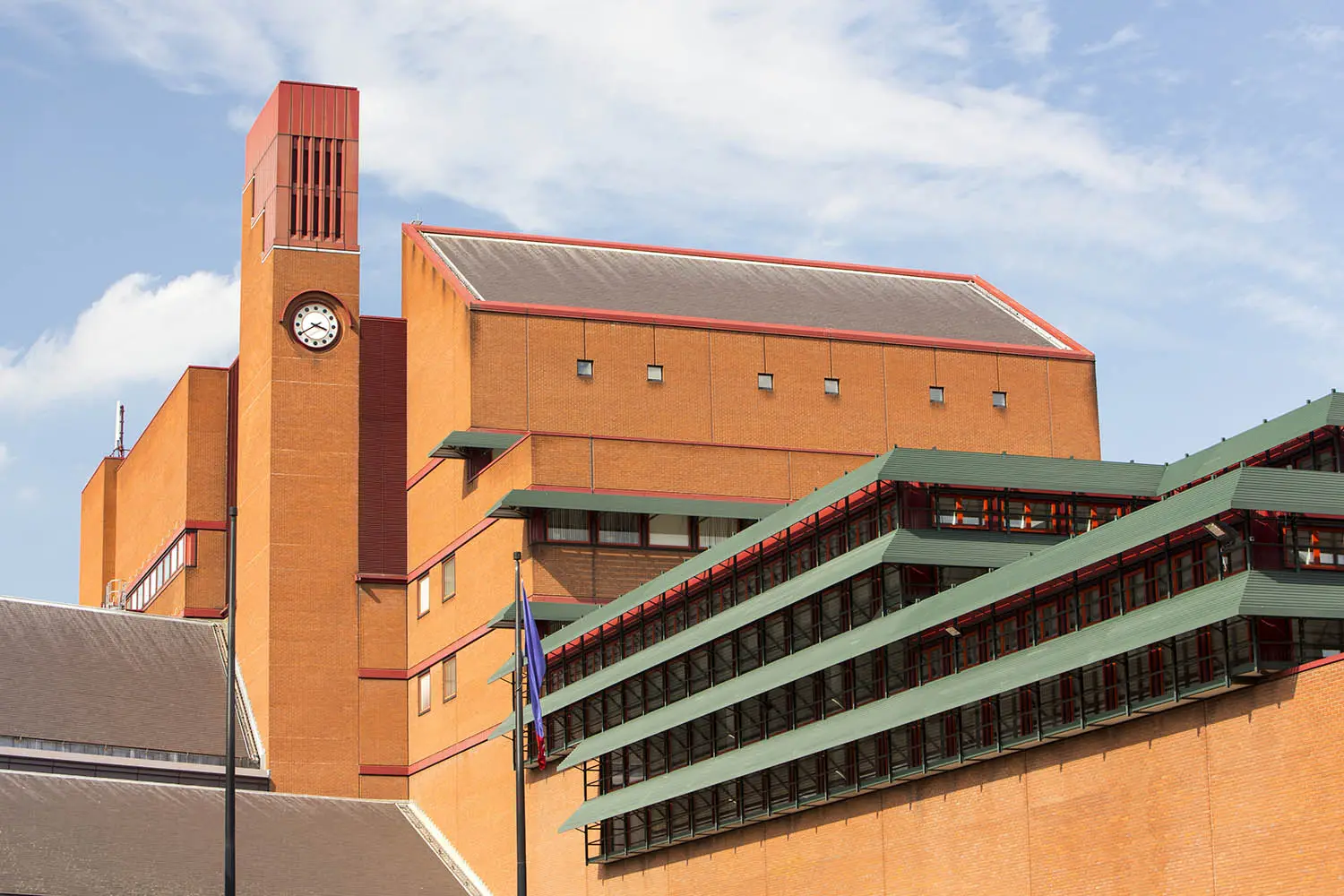The UK’s hopes of leading the world in artificial intelligence are facing a major setback at home. The Alan Turing Institute, Britain’s flagship AI research center, is in turmoil, with staff revolting, funders reconsidering support, and ministers losing patience.
In March 2024, then-chancellor Jeremy Hunt awarded £100 million to the institute, one of the largest government funding commitments to a research body in the UK. The aim was to make the Turing Institute a global leader in AI. But just over a year later, internal chaos threatens that vision.
Staff have accused leadership of mismanagement and called for urgent intervention. In December 2024, 93 employees signed a letter of no confidence, and a whistleblowing complaint has been lodged with the Charity Commission.
Ministers have also expressed frustration. Technology Secretary Peter Kyle has called for new leadership and urged the institute to focus on defence, national security, and “sovereign capabilities,” warning that funding could be cut if it fails to act. Public funding makes up nearly half of the institute’s annual budget of over £50 million.
At the center of the unrest is Chief Executive Dr. Jean Innes, who joined in July 2023 to lead a strategic overhaul called “Turing 2.0.” Innes, a former Amazon executive with no prior experience running a research institute, was tasked with refocusing the Turing after a review revealed years of underperformance and weak governance.
Under her leadership, staff report slow decision-making, chaotic redundancies, and unclear priorities. A major restructuring aimed at three “grand challenges” – defence, healthcare, and the environment – has been slow and confusing. Leading AI academics hired to spearhead these initiatives resigned within months, citing a lack of clarity and support from management.
Morale is low. Employee surveys revealed only 11% of staff had confidence in leadership by spring 2024. Some described the workplace as frustrating, traumatic, and even farcical, joking about management’s overused corporate phrases like “change is hard for everyone.”
External partners are also concerned. The institute tried to cancel a research partnership with Oxford University, prompting threats of legal action. Key stakeholders are reconsidering funding, putting future projects – and job security – at risk.
In response, the Turing Institute says it is committed to completing its restructuring and delivering “focused, high-impact work at scale for the national need,” including efforts in defence and national security. But many staff remain skeptical, fearing the institute cannot succeed without a change in leadership.
Experts warn that mismanagement of Britain’s flagship AI institute is not just an internal problem – it undermines public trust and risks letting other countries pull ahead in AI innovation. While Canada, Germany, and others have successfully run national AI institutes, the Turing’s struggles show how difficult it is to combine academic research, government priorities, and rapid technological development.
Despite the turmoil, some staff and former employees remain committed to the Turing’s potential. “There’s a communal feeling that the Turing is something we need to preserve,” said one former staffer. “It has all this potential for greatness – just not under the current leadership.”



